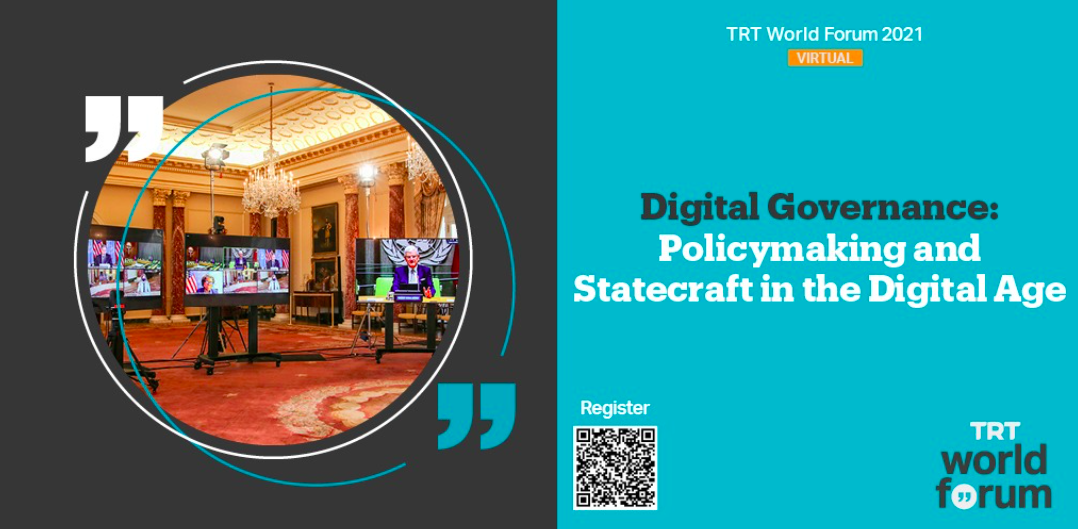Former US President Donald Trump may have been the first ‘Twitter President,’ but the digitalisation of governance and policymaking extends far beyond ‘policy-by-tweet.’ It encompasses crucial issues such as governance, state capacity in the face of misinformation campaigns, digital infrastructure vulnerabilities, machine learning, and big data. The question of the ‘digital divide’ at the state level, and whether governments are prepared for the complexities of the digital era, remains unresolved.
The growing influence of ‘big tech’ has transformed political calculations, as seen in Trump’s use of Twitter followed by his subsequent ban from the platform. The ability of technology to transcend borders raises concerns about state sovereignty, particularly as large tech corporations operate in spaces where government oversight is often unclear. Moreover, protecting privacy and citizens’ rights, which are increasingly challenged by widespread data harvesting by both governments and private entities, along with the proliferation of misinformation, remains a fundamental challenge for governance in the digital age.
